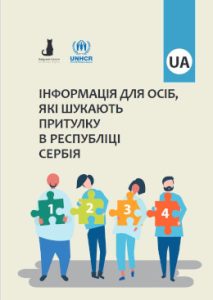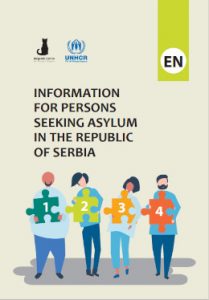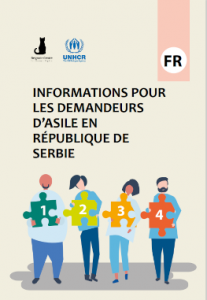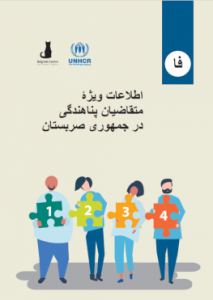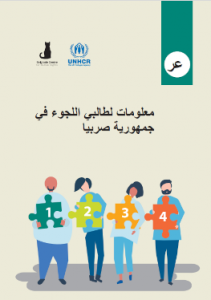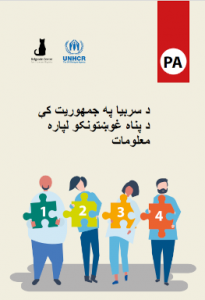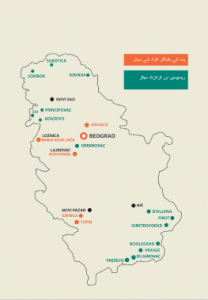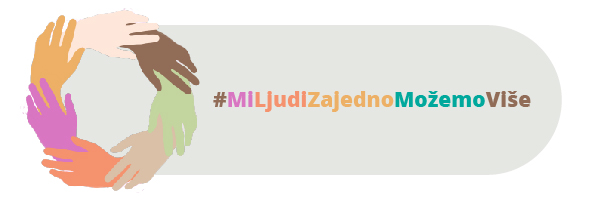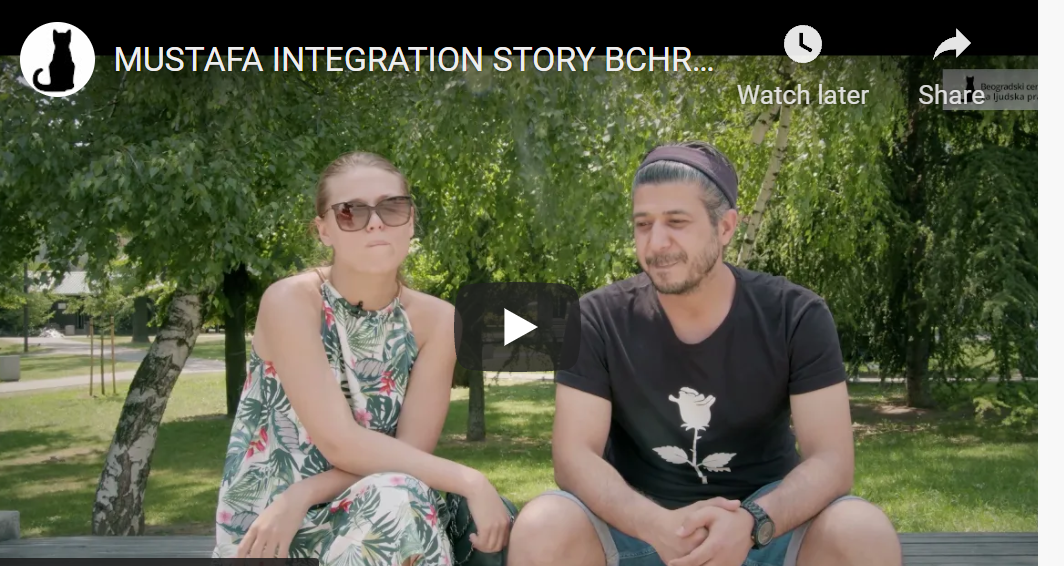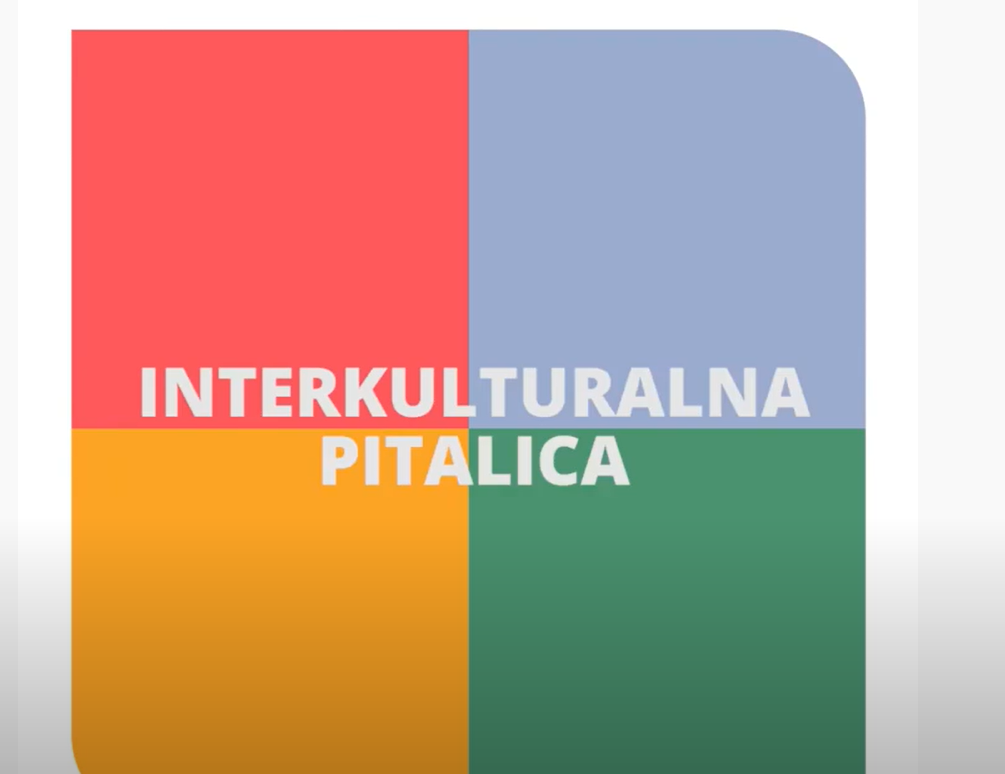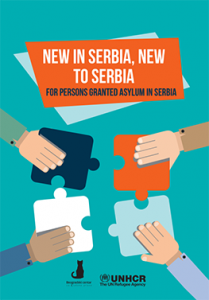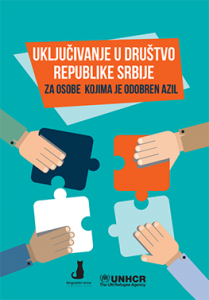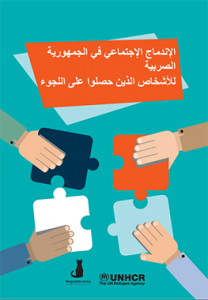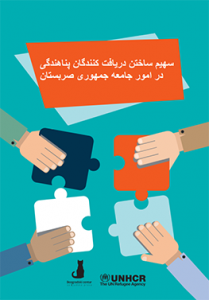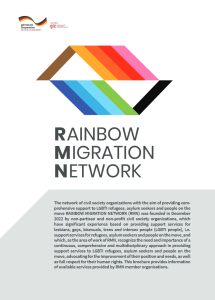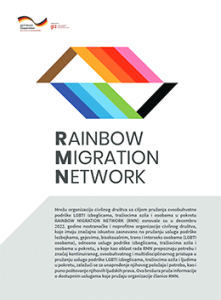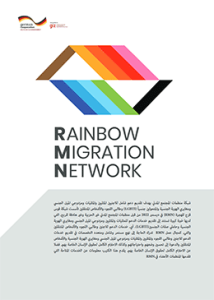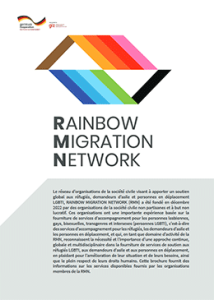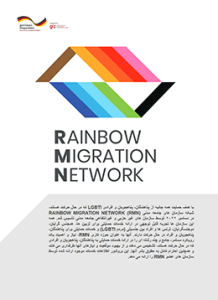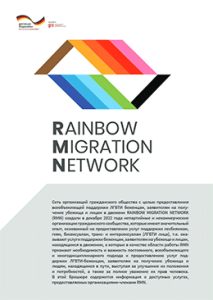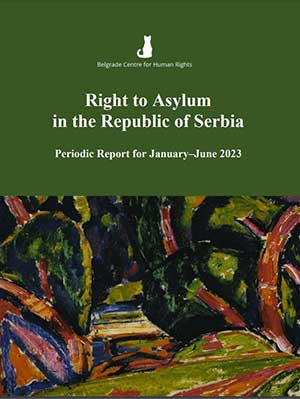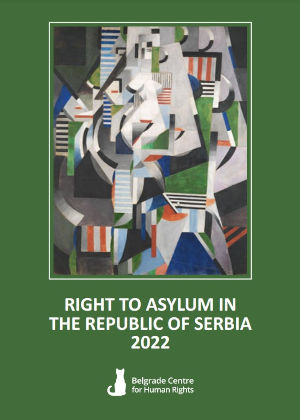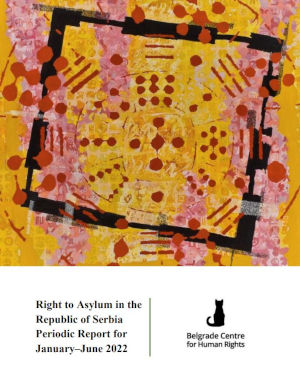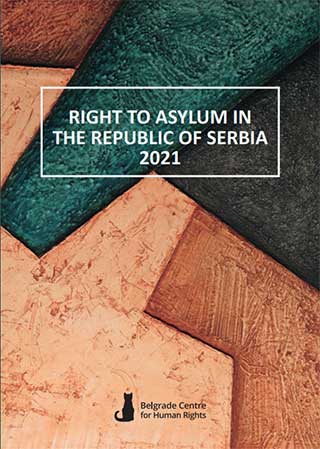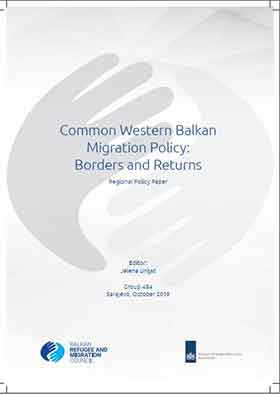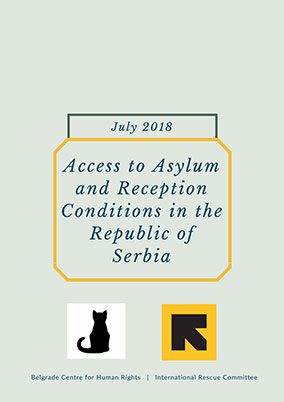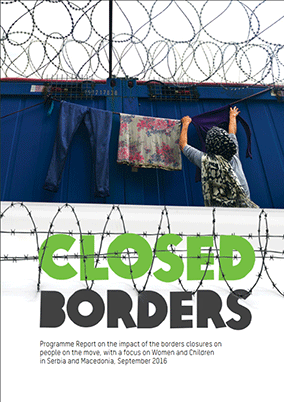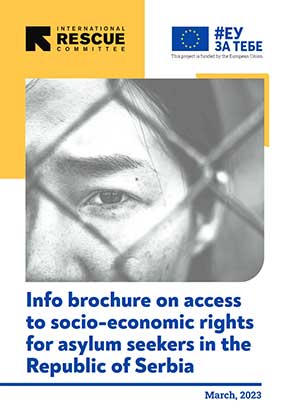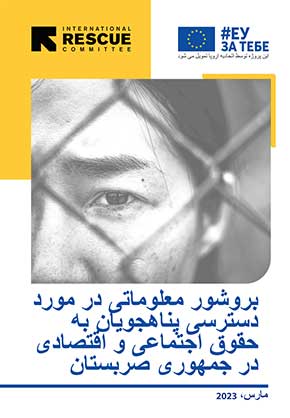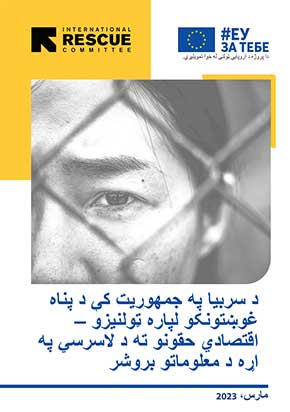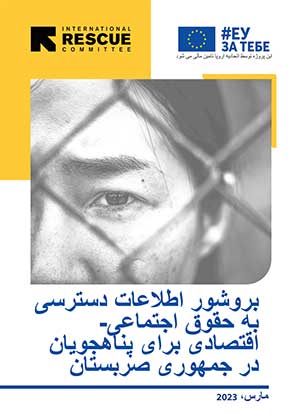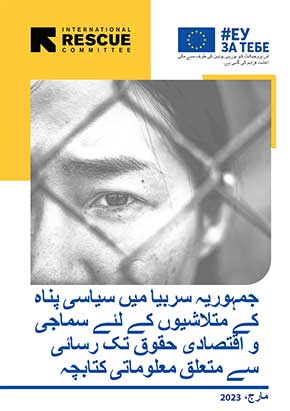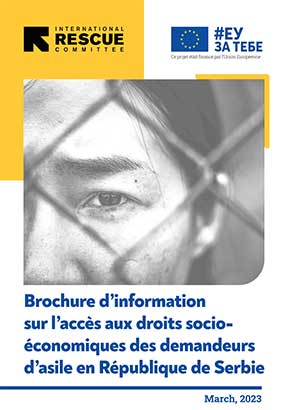We continuously monitor the state of affairs both in the countries where the asylum-seekers come from and in Serbia. All of our findings and reports are available at the Centre’s webpage at www.azil.rs

As a partner of the United Nations High Commissioner for Refugees, the Belgrade Centre for Human Rights has, since 2012, provided asylum-seekers in Serbia with free legal aid: they are explained their rights and obligations and represented before the proper authorities in Serbia and the European Court of Human Rights.

Migration Profile of Serbia for 2017
The Commissariat for Refugees and Migration of the Republic of Serbia published the Migration Profile of Serbia for 2017. The migration profile is a document that consolidates data on all categories of migrants in the country and is published for the eighth year in a row. The basic idea of the Migratory Profile is to […]
Refugee Situation in Serbia in July 2018
According to the UNHCR estimates, the number of refugees and migrants in Serbia has increased during July and amounted to about 3,500 persons of concern, of which around 3,100 were located in state asylum centers and reception centers by the end of the month. Most of the refugees and migrants were accommodated in the reception […]
New Tendencies in the Movement of Refugees and Migrants through Western Balkans
Movement of migrants through the Western Balkans has intensified in 2018 and peaked in May, a recent report from the International Organisation for Migration said. The report also shows some new tendencies in the refugee flow. Whereas Serbia was in previous years accomodating vast majority of refugees and migrants who would then enter Hungary, migrants […]
Refugee Situation in Serbia in June 2018
According to the UNHCR estimates, the number of refugees and migrants in Serbia has remained unchanged and amounted to about 3,000 persons of concern, of which around 2,700 were located in state asylum centers and reception centers by the end of the month. Most of the refugees and migrants were accommodated in the asylum center […]
Plans for centers outside the EU
According to the EUobserver, some of the member states of the European Union are in favor of the opening of detention centers for migrants in Europe but in a non-EU country. This idea was publicly announced by the representatives of Austria and Denmark with the support of Germany and the Netherlands at the beginning of […]
As a partner of the United Nations High Commissioner for Refugees, the Belgrade Centre for Human Rights has, since 2012, provided asylum-seekers in Serbia with free legal aid: they are explained their rights and obligations and represented before the proper authorities in Serbia and the European Court of Human Rights.
We continuously monitor the state of affairs both in the countries where the asylum-seekers come from and in Serbia. All of our findings and reports are available at the Centre’s webpage at www.azil.rs

